Sunday Reflections: The Problem with “Just Write It Yourself”
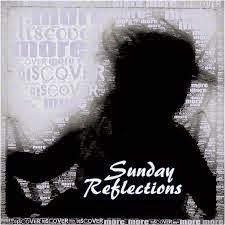 I admit it, I do it. I read the comments. And one comment I see over and over again on posts about needing more diversity or female representation in literature, tv or movies is this: Just write your own. Which, when you think about it, is silencing and condescending.
I admit it, I do it. I read the comments. And one comment I see over and over again on posts about needing more diversity or female representation in literature, tv or movies is this: Just write your own. Which, when you think about it, is silencing and condescending.
The idea is that we don’t have a right to ask for better representation and that if we see a problem then we have to fix it on our own. But that’s not a realistic way to address the problem.
ADVERTISEMENT
ADVERTISEMENT
Let’s take, for example, the city road you drive down every day. Let’s say that road is full of potholes. You’ve repeatedly blown out a tire driving down that road. So one day you call the city road department to complain and instead of considering your request to fix the road, they simply told you that if the road was really such a problem you should fix it yourself. Except, of course, you can’t. You don’t have the means to fix the road yourself, so this answer wouldn’t help solve your problem at all. It is an answer designed to shut down conversation. Now replace that pot holed road that is ruining your car and replace it with a movie or book that perpetuates negative stereotypes.
For a more relevant example, let’s discuss my desire to have a movie based on a female superhero. We could use any example: more POC representation in YA, more GLBTQ representation in YA, more representation of teens with disabilities in YA lit. The goal is the same in all of these requests – representation – and when we ask for it we are often met with the same reply: Just. Write. Your. Own.
But back to female superhero representation in movies. Here’s why that answer is really just a way to shut down the conversation.
You see, I am not a writer. I’m not a filmmaker. And I am not rich. But that doesn’t mean I don’t have a right to express my concerns about the lack of female representation in the movies and the ways in which it is harmful to us as a culture.
Even if one day I woke up with the ability to write a world class novel featuring a YA superhero – which I must remind you, is not a talent I possess – I would still have to find someone to publish it or, in the case of making a movie, to make the movie happen. I’m not sure if you are aware of this, but most movies have million dollar budgets. I can barely pay my barely middle class bills each month. Making the movie of my dreams is not in my future.
And let’s say I did write that novel, getting published is hard. I could pursue self-publishing, but there is still some cost involved in that.
And that people who are asking for more representation in the media often don’t have the access or power necessary to make the products they want to see happen. They are, by definition, the marginalized and othered in our culture. They are the disenfranchised. That’s part of the reason why they are under-represented or stereotypically represented in the media. They lack the power and resources to make sure they have good representation in the media which is why they are asking for more.
Which is also why that answer – make it yourself – is silencing, designed to shut down conversation.
I can’t write a movie featuring a female superhero. If I did write one, I don’t have the finances to film, edit, distribute, and market said movie. That doesn’t mean that I shouldn’t have the right to speak out about the need for more and better female representation in superhero movies, or film in general.
In some ways, the Internet and social media help level the playing field. They at least allow voices who previously didn’t have a chance to speak out to be heard.
I’ll use the recent discussion of the Confederate flag as an example. A commentor recently observed that nobody complained that the Confederate flag was racist before the Charleston incident and now all the people removing the Confedereate image off of their products were just cotowing to the liberal agenda. But this is a false statement, I have heard my entire life many people discussing the fact that the Confederate flag was racist and offensive. I heard it at church potlucks and college seminars and over a glass of wine with friends. It’s just that those were all individual voices who didn’t have the forum to join collectively and be heard. The Internet and social media provides us with that forum.
Just as it provides us to discuss the gender roles and stereotypes, the depiction of POC in the media, the appropriation of various cultures in offensive ways, the persecution and civil rights of the GLBTQ population, and more.
ADVERTISEMENT
ADVERTISEMENT
People have been having these conversations for a really long time in small, intimate circles. But they didn’t have access to the tools to help make those conversations heard. At most we could maybe write a letter to the editor in a local paper or possibly a big name magazine and hope it got published. But now the othered have better tools to raise their voices and “Just do it yourself” is an angry response designed to shut those voices down.
I can’t do it myself. I can’t change a culture by myself. I can’t make the movies I want to see or the books I want to read by myself. But I can ask that we consider why we do what we do the way that we do it and if there are ways that we can do it better. I think better female representation in the movies helps us all, men and women. I think better representation of GLBTQ, POC and people with disabilities – to name just a few – helps us all. It’s a human rights issue.
Just do it yourself is a new response to the same old problem designed to maintain the status quo because the people who flippantly make that reply often know that the target of their comment is not in a position to actually just do it themselves. It’s a reply designed to shut down conversation and put those of us asking for more in our place. They know full well that I can’t write that movie, produce that movie, direct that movie, distribute that movie, or market that movie. And I resent the implication that I don’t have the right to ask for goods and services that meet my wants and needs, that better reflects me and the world we live in.
I can’t just do it myself. I need your help. And I’m not going to stop asking. Because at the end of the day that’s what we all really want, to be heard and respected.
Filed under: Sunday Reflections
About Karen Jensen, MLS
Karen Jensen has been a Teen Services Librarian for almost 30 years. She created TLT in 2011 and is the co-editor of The Whole Library Handbook: Teen Services with Heather Booth (ALA Editions, 2014).
ADVERTISEMENT
ADVERTISEMENT
SLJ Blog Network
Name That LEGO Book Cover! (#53)
Cover Reveal and Q&A: The One and Only Googoosh with Azadeh Westergaard
Exclusive: Vol. 2 of The Weirn Books Is Coming in October | News
Fighting Public School Book Bans with the Civil Rights Act
ADVERTISEMENT



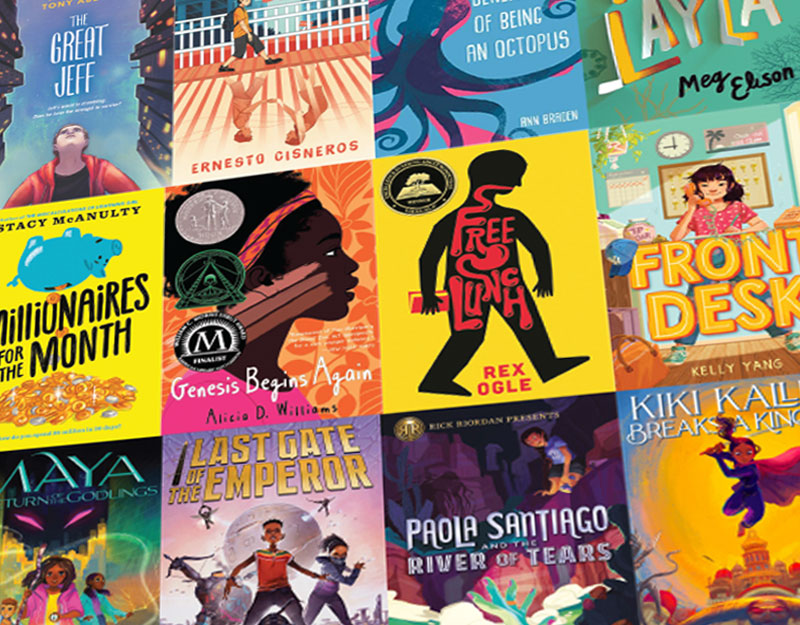

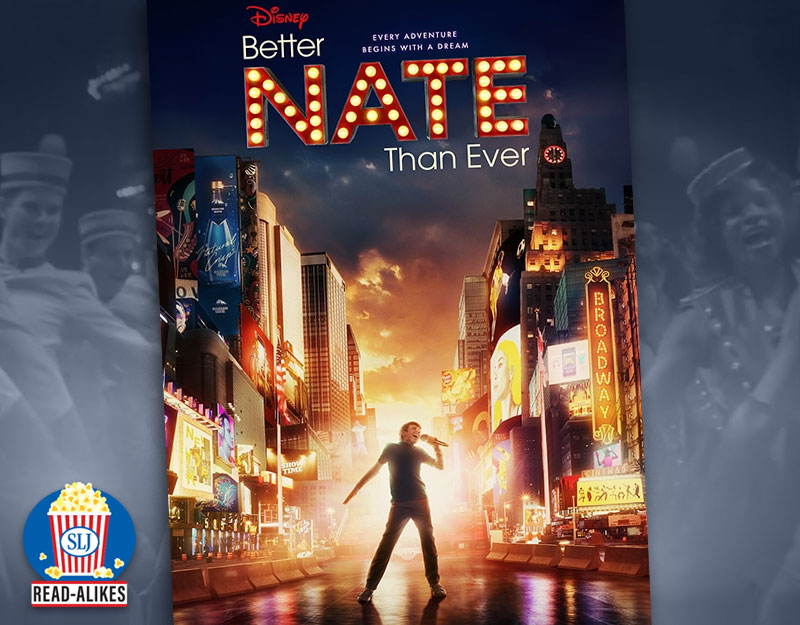
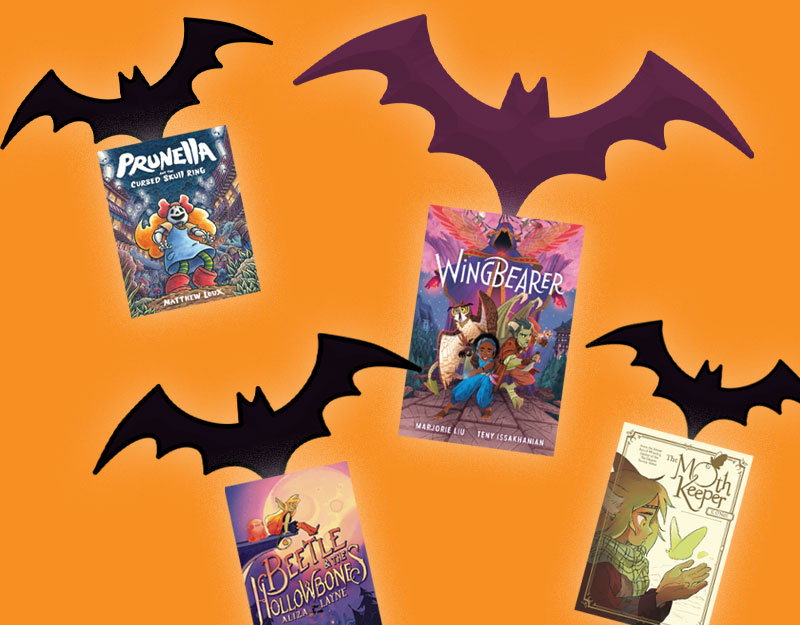
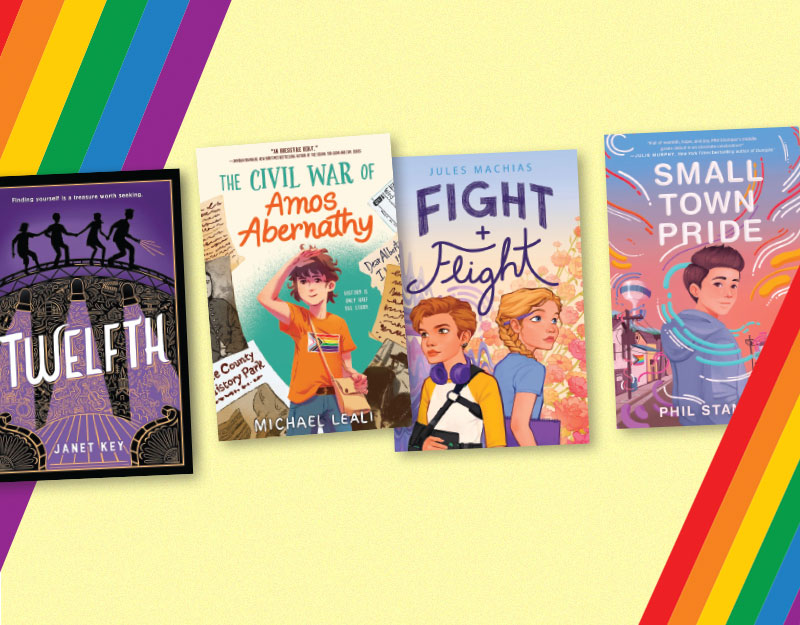
Wao…like the flow…and i support it that we all want to be heard and be respected. thanks for sharing this with us…
There’s a gray area here. While I support people’s right to say what they think and I also truly believe that reviews feed writers and other artists, I think there is validation in the phrase “Write it yourself.” This is because I have said it myself. Allow me to explain… not just explain why I think “write it yourself” has its place in conversation, but also to explain why I think it’s a gray area.
First, I do think there is reason and grave importance to point things out in art that are not just. I am still shocked that there wasn’t more of an outcry about the blatant sexism in the Lego Movie, and the othering in Pitch Perfect is just a shame. Levithan’s Every Day remains one of my favorite books, and it upset me so much to realize that the reviews surrounding body issues in this book were correct… a truth that was important because it opened my eyes to a discrimination that I had not been sensitive to before I read people’s thoughtful comments.
But. Yes, I do have a but. I do think that sometimes, people do not look at movies and books with an open mind. They do not realize what all goes in to writing a book, or creating any other form of artwork. It feels like they have their own agenda. Take “I Was Here” for example. The reviewer was focusing on the idea of taking medication for depression, but in doing that, she missed the point of the book entirely. She was just yelling at the book the whole time, ready to pull it to pieces, and I think that if she was looking at it from a writer’s point of view, she might have been able to slow down and think about all the elements that go in to creating a book.
You say that you can’t write book or make a movie, and then you list all the reasons why you can’t. But that’s the point. We all have these excuses… especially if you’re not the “rich white male” type. It’s difficult to write a book, especially because it doesn’t pay any money. Why do writers do it? As Maya Angelou would say, writers write because they have a song. I think there is merit in asking people, especially reviewers to actually be quiet, if just for a moment, to just listen to the music. Quiet the critic, just while you’re reading, and really see and experience what is happening. Allow for surprises. Then when the music is complete, reflect on what you are feeling and all that happened. If you can’t do that, if you just really, really wanted that piece to be different, then yes, I really do suggest you go forth and write the piece as you wanted it to be.
I am a huge Harry Potter fan, and I don’t like it when people complain about the books. It just feels like there is so much genius in the book that people overlook. And so yes, I do suggest that people write the Harry Potter they wanted to read, partly because maybe then they’ll see how difficult it is to incorporate a game like Quidditch and a sweet character like Doby into the plot. But you know what? I am proudly a fanfiction writer of Harry Potter myself. This is because I can’t stand the librarian in Harry Potter, and I feel like an opportunity was lost. But when I complained about it, people didn’t understand. They couldn’t see the potential for an awesome wizardly librarian like I could, so I write it out for them. It was just a blog entry, and not many people saw it, but it satisfied something in me. I didn’t like something, so I wrote it myself. I also recall another Harry Potter fanfiction piece I discovered through your website that was beautiful; it was about how the story would have been different if Petunia had divorced Vern and if Dudley had been able to support Harry. That wasn’t a big, huge thing like Harry Potter, but still it was significant.
As Toni Morrison says, “If there’s a book that you want to read, but it hasn’t been written yet, then you must write it.” The internet is a beautiful space for getting ideas out there. Why must it always be that most ideas are about ragging on each other’s work? Look at what happened with E.L. James Twitter Q&A… people didn’t like what they wrote, and instead of writing their own work, they ridiculed her.
Lastly, let’s look at Andrew Smith, author of Winger. I thought his book was brilliant, especially because it was so convincingly told through the eyes of a 14-year-old boy. But people I’ve talked to are very upset about this book, largely because of the portrayal of girls and women in the book. I think that if you are practiced in the art of writing through another character’s eyes, you could understand better how true-to-character Winger truly was. And I also think that if you are truly upset at the portrayal of women in a particular book, it’s a lot easier to SHOW what could have been written, rather than to just a wag a finger.
Stella, I definitely understand your point. It can be empowering to take on the “write it yourself” mantra sometimes. So many great books and films would never have come about if someone didn’t read or watch something and say “I can do better” or “Where’s the heroic female characters” or any other number of thoughts that led them to create something amazing. People should take whatever inspiration they need to on board to create what only they can.
But the problem with the “then write it yourself” as a response to complaints about representation is it implies that female, lgbtq, poc and more aren’t ALREADY writing and creating plenty. We just aren’t seeing it make it to mass audiences and if by some miracle it does it isn’t receiving the support (financial and otherwise) to stay there.
I see this a lot in discussions of film.
“If women want to see themselves more/be better represented in movies they should start making them then.”
The problem is that many talented, qualified women are already trying and yet a system that is at least subconsciously designed to keep them out is well…keeping them out. The ratio of men and women that are graduating from film school with a focus on directing is almost exactly 50/50. And yet of the directors actually working in Hollywood, women only make up about 4%. Once we start talking about well known successful films the numbers get even lower.
So when a someone comments that “women should just make their own movies then” what are they really saying? That all those other women directors just immediately change their minds and give up? That all those other women directors just aren’t good enough to cut it? Or are they simply ignorant of their existence entirely because it’s very easy for a straight, white male to believe that if someone is talented and hardworking they must rise to the top, or at least the Walmart bargain bin eventually.
But that’s not the reality of the situation.